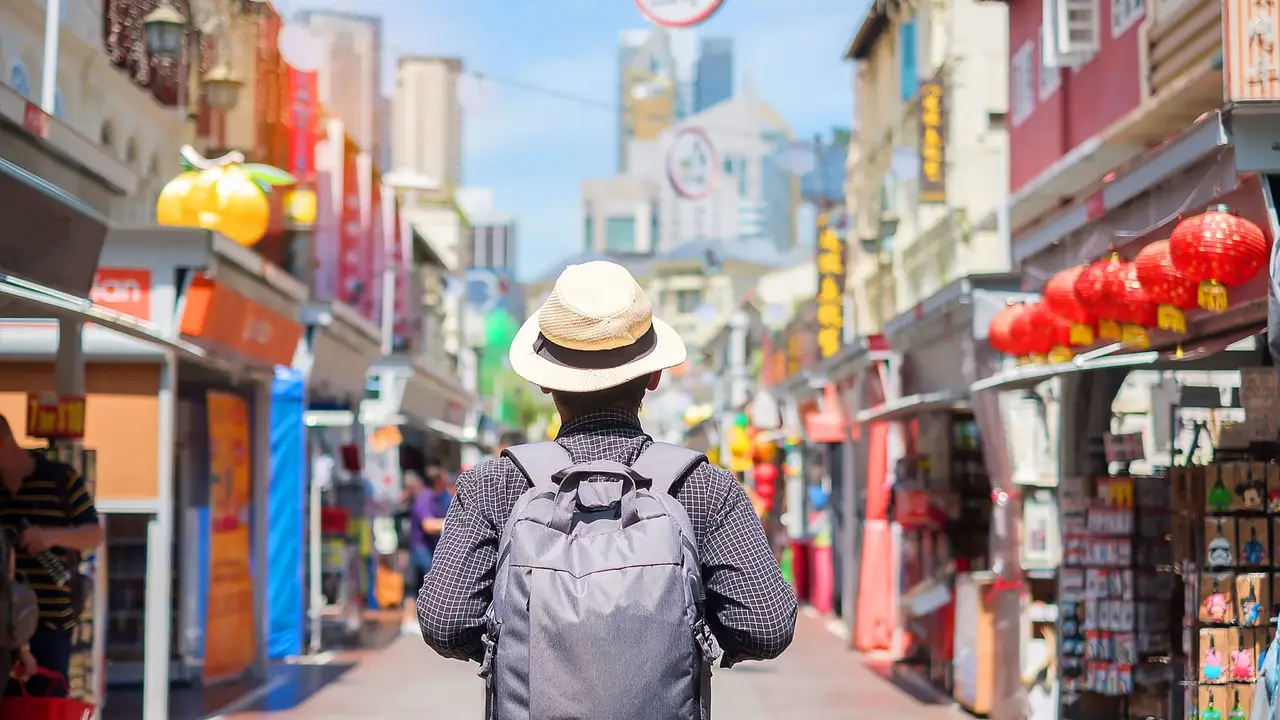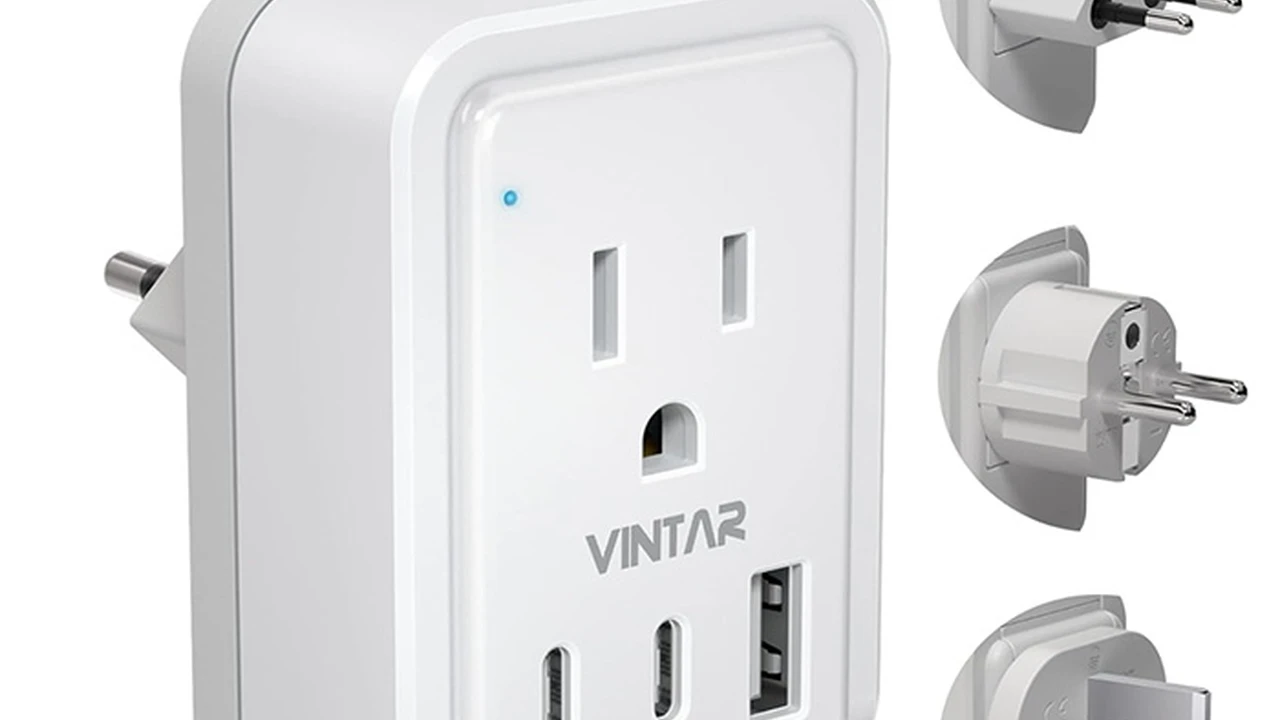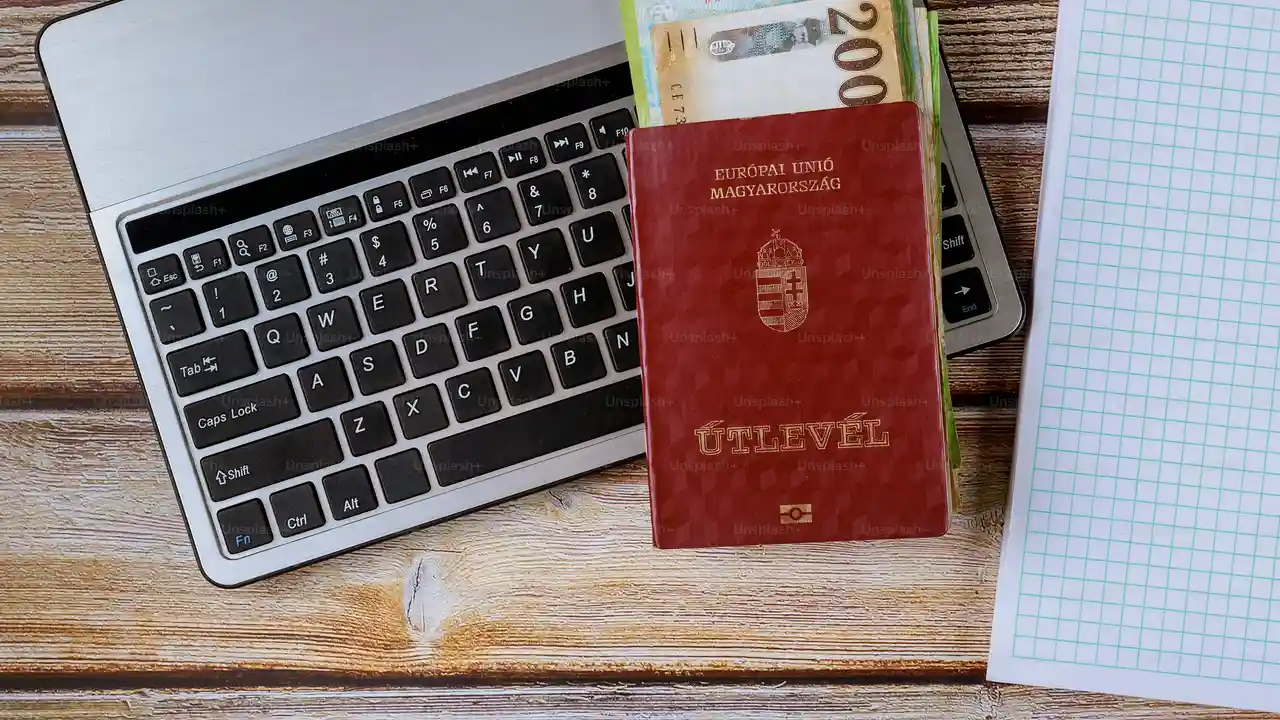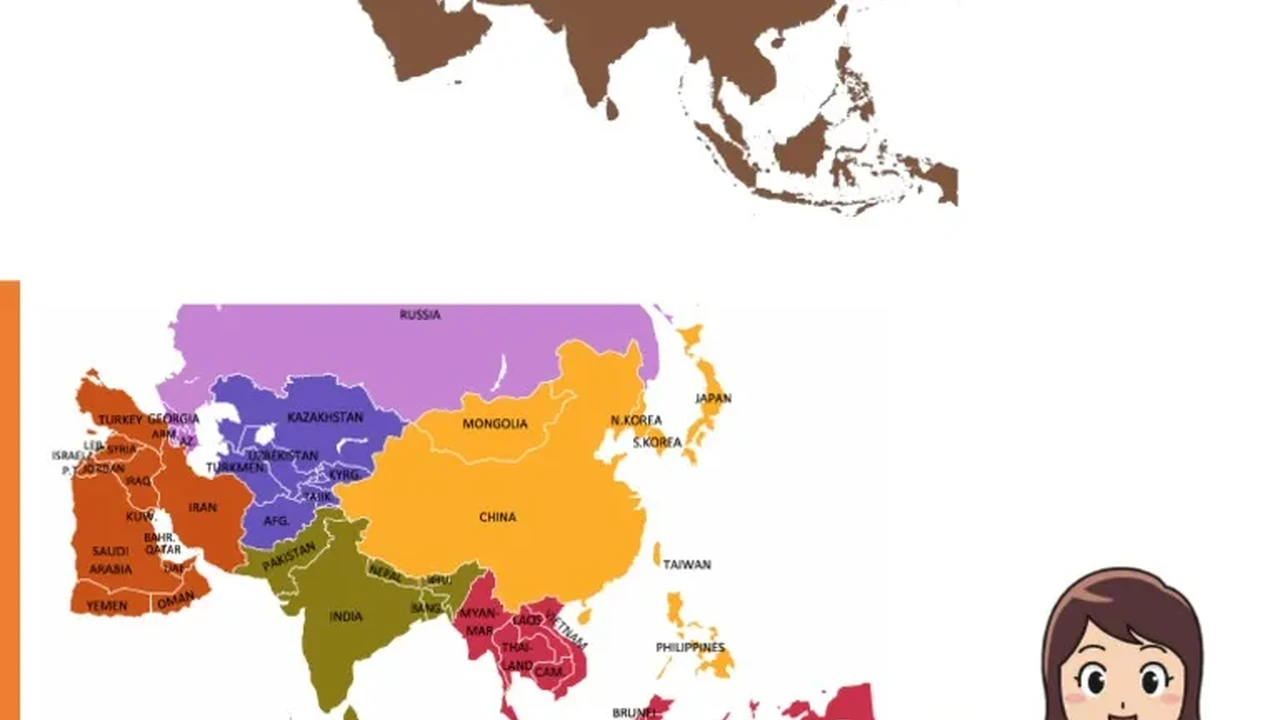Saving Money Traveling
Discover proven strategies for saving money while traveling. This article provides practical tips for reducing travel expenses, including accommodation, transportation, and food. Maximize your travel budget and extend your adventures.

Accommodation Savings Hacks
Okay, let's be real, accommodation can be a HUGE expense. But don’t worry, there are tons of ways to cut costs. First off, consider hostels. I know, I know, maybe you're picturing dingy dorms and questionable showers, but many hostels these days are actually super stylish and offer private rooms too. Plus, they're a great place to meet other travelers.
Another option is Airbnb. You can often find apartments or rooms for rent at a fraction of the cost of a hotel. Look for places with a kitchen so you can cook some of your own meals and save even more money. Don't forget to read the reviews carefully before booking!
House sitting is another fantastic way to save money on accommodation. You basically stay in someone's house while they're away, taking care of their pets or plants. It's a win-win situation! Sites like TrustedHousesitters connect homeowners with responsible house sitters.
Finally, consider alternative accommodation options like Couchsurfing. You stay with locals for free, offering a unique cultural experience. Just be sure to read profiles carefully and prioritize safety.
Transportation Tricks and Tips
Getting around can also eat into your budget. Public transportation is almost always cheaper than taxis or ride-sharing services. In many cities, you can buy a day pass or a weekly pass for unlimited rides. Do your research and figure out the most cost-effective way to get around.
Walking and cycling are also great options, especially for exploring cities. Not only are they free, but they're also a great way to see the sights and get some exercise. Many cities have bike-sharing programs that are affordable and convenient.
When booking flights, be flexible with your dates and destinations. Use flight comparison websites like Skyscanner or Google Flights to find the cheapest deals. Consider flying on weekdays or during off-peak seasons, as prices tend to be lower.
If you're traveling long distances, consider taking buses or trains instead of flying. They're often much cheaper, and you get to see more of the countryside. Plus, many buses and trains offer comfortable seating and Wi-Fi.
Food and Drink Budgeting
Eating out every meal can quickly drain your travel budget. Instead, try cooking some of your own meals. Visit local markets and buy fresh ingredients to prepare simple dishes. Not only is it cheaper, but it's also a great way to experience the local culture.
Street food is another affordable and delicious option. Many countries have amazing street food scenes, offering a wide variety of dishes at incredibly low prices. Just be sure to choose vendors that look clean and reputable.
Avoid tourist traps and restaurants in popular areas, as they tend to be overpriced. Instead, venture off the beaten path and look for local eateries. You'll often find better food at lower prices.
Take advantage of free breakfast at your hotel or hostel. It's a great way to save money and fuel up for the day. Also, pack snacks with you so you don't have to buy expensive snacks on the go.
Limit your alcohol consumption. Drinks can be expensive, especially in touristy areas. Consider buying alcohol at a local supermarket and enjoying it at your accommodation instead.
Gear and Equipment Savings
Don't buy all new gear before you leave. Use what you have and borrow from friends if needed. If you do need to buy something, look for sales and discounts. Websites like Backcountry and REI often have great deals on outdoor gear.
Consider buying used gear. You can often find high-quality used gear at a fraction of the price of new gear. Check out websites like eBay or Craigslist, or visit local consignment shops.
Rent equipment instead of buying it. If you only need something for a short period of time, renting is often a more cost-effective option. Many cities have rental shops that offer a wide variety of equipment, from bikes to camping gear.
Specific Product Recommendations and Comparisons
Portable Water Filter Bottle Comparison
Staying hydrated is key, but buying bottled water all the time adds up and isn't eco-friendly. A portable water filter bottle is a game-changer. Here are a few options:
- LifeStraw Go Filter Bottle: This is a classic for a reason. It's lightweight, durable, and filters out bacteria, parasites, and microplastics. It's around $30-$40.
- Grayl Geopress Water Filter: This is a bit pricier (around $90), but it's super effective, filtering out viruses in addition to bacteria, parasites, and microplastics. It's great for areas with questionable water sources.
- Brita Filter Bottle: A more budget-friendly option (around $20), the Brita bottle filters out chlorine and other impurities, improving the taste of the water. It's best for areas where the water is generally safe but might not taste great.
Usage Scenario: Hiking in Southeast Asia. You're miles from the nearest store and need to refill your water bottle from a stream. The LifeStraw or Grayl would be ideal to ensure the water is safe to drink.
Noise-Canceling Headphones Review
Peace and quiet are essential for getting work done on the road. Noise-canceling headphones are your best friend. Here's a comparison:
- Sony WH-1000XM5: These are widely considered the best noise-canceling headphones on the market. They're expensive (around $400), but the sound quality and noise cancellation are unmatched.
- Bose QuietComfort 45: A close second to the Sony headphones, the Bose QC45 offer excellent noise cancellation and comfort. They're a bit cheaper (around $330).
- Anker Soundcore Life Q30: A budget-friendly option (around $80) that still offers decent noise cancellation and sound quality. They're a great value for the price.
Usage Scenario: Working in a busy co-working space in Bangkok. The Sony or Bose headphones would block out the distractions and allow you to focus on your work.
Portable Charger Power Bank Showdown
Running out of battery is a digital nomad's worst nightmare. A portable charger is a must-have. Let's look at some options:
- Anker PowerCore 10000: This is a compact and lightweight charger that can charge your phone 2-3 times. It's around $25-$30.
- RAVPower 20000mAh Power Bank: This charger has a larger capacity and can charge your phone 5-6 times. It also has multiple USB ports so you can charge multiple devices at once. It's around $40-$50.
- Goal Zero Sherpa 100PD: This is a more rugged and powerful charger that's designed for outdoor adventures. It has a USB-C port and can even charge laptops. It's around $200.
Usage Scenario: Exploring temples in Cambodia all day. The Anker PowerCore would be perfect for keeping your phone charged so you can take photos and navigate.
Negotiating and Haggling Strategies
In many Southeast Asian countries, haggling is a common practice. Don't be afraid to negotiate prices, especially in markets and with taxi drivers. Be polite and respectful, and start by offering a lower price than what you're willing to pay. Be prepared to walk away if you can't reach an agreement.
Research the average price of goods and services before you start haggling. This will give you a better idea of what's a fair price. Also, be aware of cultural norms and customs. In some cultures, it's considered rude to haggle too aggressively.
Leveraging Loyalty Programs and Rewards
Sign up for loyalty programs and rewards programs for airlines, hotels, and credit cards. These programs can offer valuable perks, such as free flights, hotel stays, and upgrades. Be sure to read the terms and conditions carefully and understand how the programs work.
Use travel credit cards to earn points or miles on your spending. Many travel credit cards offer generous sign-up bonuses and ongoing rewards. Just be sure to pay your balance in full each month to avoid interest charges.
Finding Free Activities and Entertainment
Many cities offer free activities and entertainment, such as walking tours, museums, and parks. Do your research and take advantage of these opportunities. They're a great way to experience the local culture without spending a lot of money.
Attend free events and festivals. Many cities host free events and festivals throughout the year. These events can be a great way to experience the local culture and meet new people. Check local event listings for upcoming events.
Take advantage of free Wi-Fi. Many cafes, restaurants, and public spaces offer free Wi-Fi. This can save you money on data charges. Just be sure to use a VPN to protect your online privacy and security.
:max_bytes(150000):strip_icc()/277019-baked-pork-chops-with-cream-of-mushroom-soup-DDMFS-beauty-4x3-BG-7505-5762b731cf30447d9cbbbbbf387beafa.jpg)






